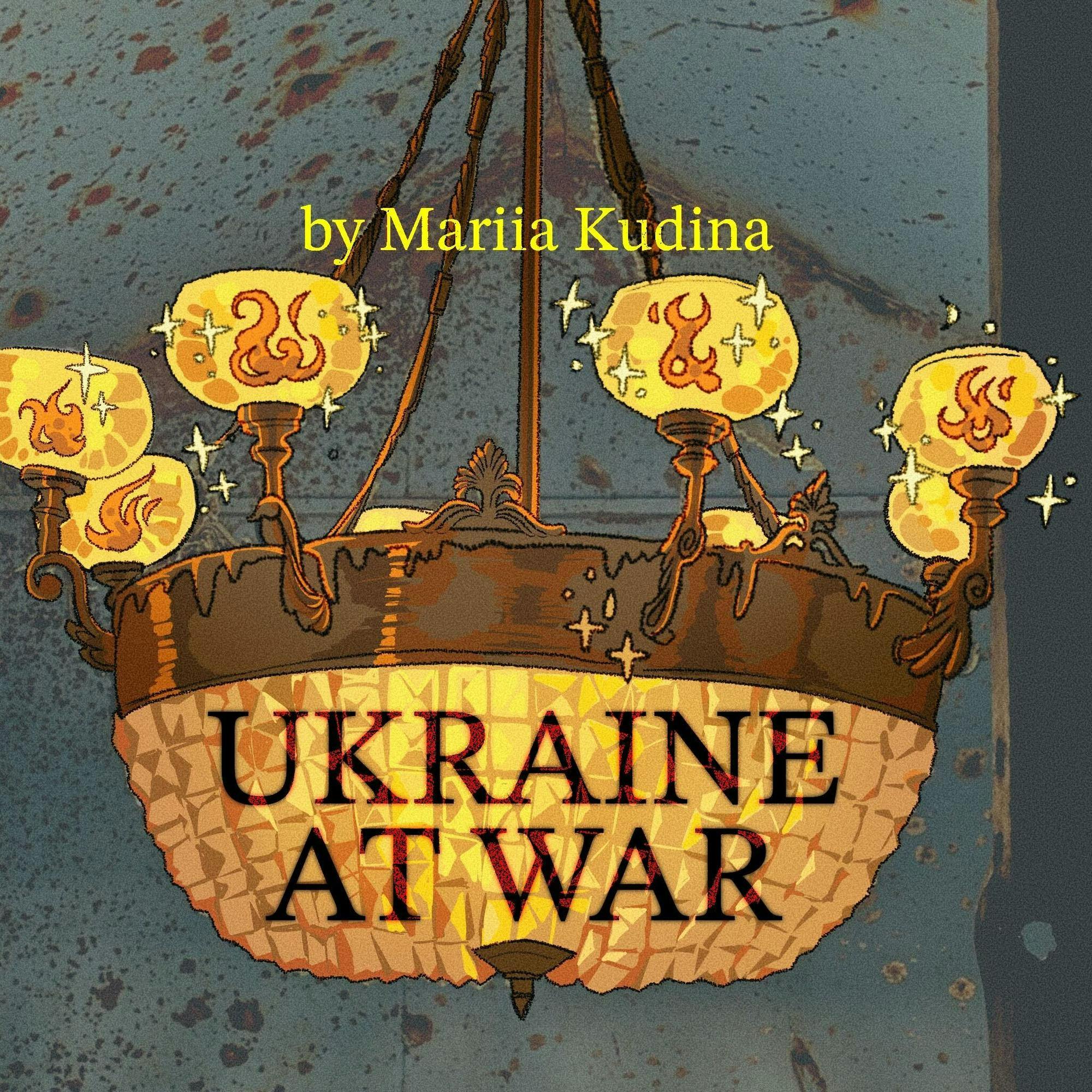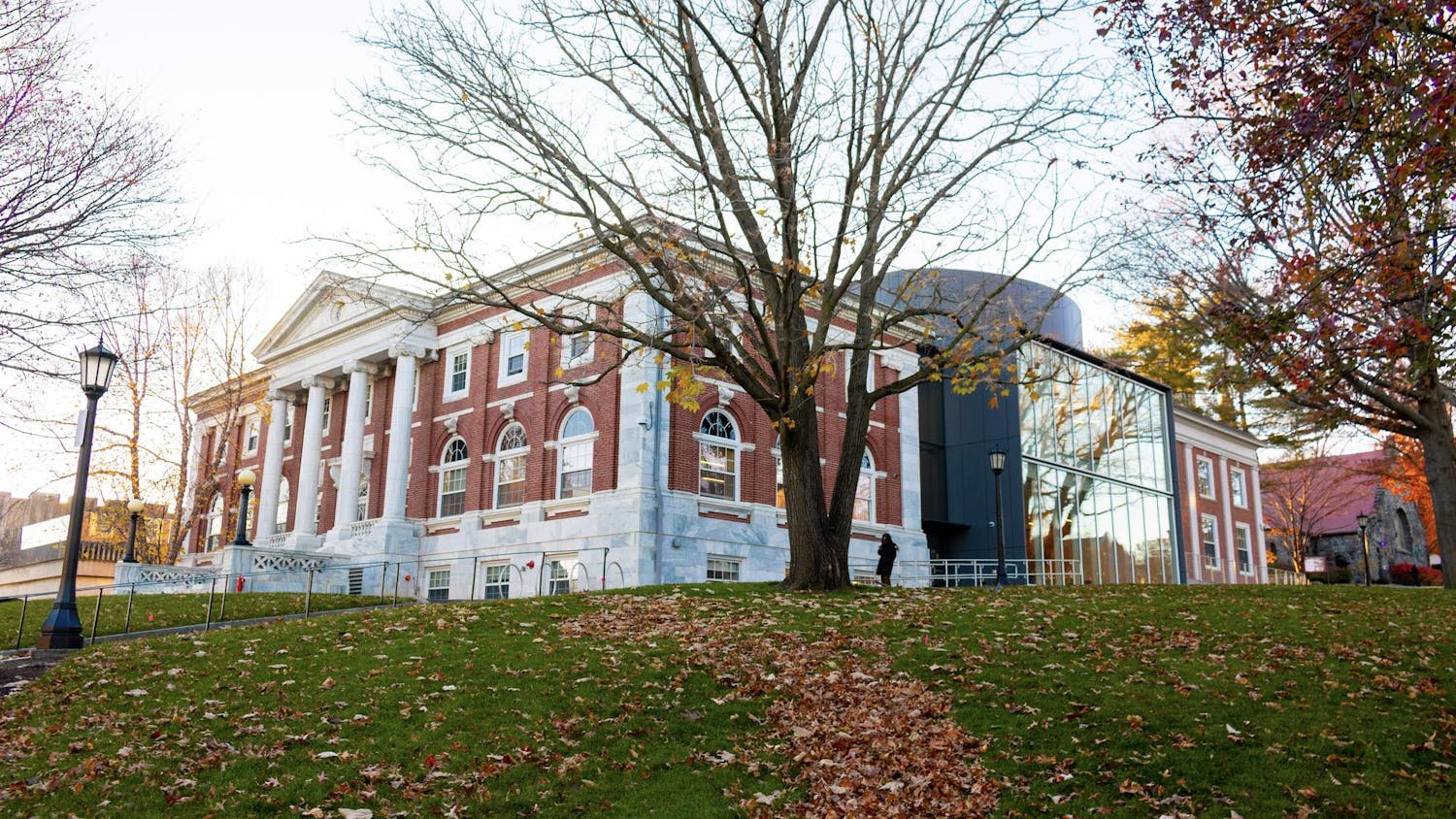Editor’s note: The conversation with Tymofiy Mylovanov was conducted in Ukrainian and was translated by the author. Some quotes were edited for length and clarity. Michael Onysko contributed to the translation.
One out of every seven schools in Ukraine has been destroyed by Russians since the start of the full-scale invasion in 2022, leaving over 5 million Ukrainian children deprived of a traditional education. Statistics for higher educational institutions are even more depressing with one out of five universities and colleges in the country having suffered physical blows to their infrastructure as a result of the bombings. Despite these attacks, the Ukrainian educational system continues to develop, with schools adding opportunities to their institutions. The Kyiv School of Economics, a private university that I examined in my last article, can achieve visible improvements in the face of war, including the growth of a student body, the addition of new majors and expanding partnerships with American universities.
In the first days and weeks of the war, when Russians temporarily occupied towns in Kyiv Oblast, a portion of the school’s local students were trapped under the occupation. Some of them, in addition to hiding in the basements from the occupiers, suffered from Russian violence, such as torture and shootings. For some time, the Kyiv School of Economics administration was unable to get in touch with them, but after the oblast’s liberation, they informed the school that they had survived. While these students suffered in Kyiv, other students fled the country as war refugees.
Yet, the Kyiv School of Economics leadership board rejected the proposal of relocation, deciding to stay in the capital to manage the situation on the ground. The efforts turned out to be successful, as two weeks after the invasion, the Kyiv School of Economics organized online classes for undergraduates, and in about six months made it possible for students to return to the university, now equipped with a classroom-like shelter, for in-person courses in the fall semester. In the next 2 ½ years of the war, the student population recovered and later even exceeded the pre-war numbers, due to not only the return of Ukrainians who temporarily immigrated but also the successful expansion of educational programs and the ability to provide a unique sense of community.
To make the educational programs more relevant in the context of the war and, therefore, more compelling for prospective students who want to contribute to the Ukrainian victory, the Kyiv School of Economics introduced new, non-economics-related programs. This year, the university began offering masters degrees in micro and nanoelectronics and unmanned aerial vehicles used in military conflicts. Simultaneously, the school broadcasts its strong, politically well-defined community on social media platforms, and many likely find themselves interested in being around like-minded people who support Ukrainian defenders through creative fundraisers. Some students might also be drawn to the opportunity to engage in research that, among other war-related initiatives, aims to recover Ukraine’s economy and advocates for the need to introduce more sanctions on Russia. Overall, the analytical center of the university — called the KSE Institute — features eight directions of research on its webpage, making the collaboration with the school attractive to people from a wide range of backgrounds.
The Kyiv School of Economics has also continued an effort to establish connections with American universities to provide international educational opportunities for its students. Since the war began, the school has expanded and created new partnerships with several American universities. For instance, in 2023, it became possible to simultaneously obtain a bachelor’s degree in economics from the Kyiv School of Economics and the University of Houston and for Kyiv School of Economics researchers and researchers from Ohio State University to work together. During his visit to the U.S. this fall, Kyiv School of Economics president Tymofiy Mylovanov led discussions with the country’s top universities, including MIT, about possible future initiatives. MIT and Harvard University have already had a number of successful projects with the Kyiv School of Economics. At the moment, the MIT and Kyiv School of Economics administrations are developing ideas regarding the joint development of the engineering school and student exchanges. The Kyiv School of Economics also collaborates with European universities, such as the Stockholm School of Economics in Riga for MBA programs.
Positive developments in any area, including education, amidst the war are crucial because they add hope — in contrast to horrifying news about destruction and death on the frontline and in localities in Ukraine. Russia attempts to destroy Ukrainian educational institutions specifically with the goal of eventual Russification, but schools like the Kyiv School of Economics are able to grow despite this, proving Ukraine’s resilience and determination to raise a highly educated generation with international experiences.






